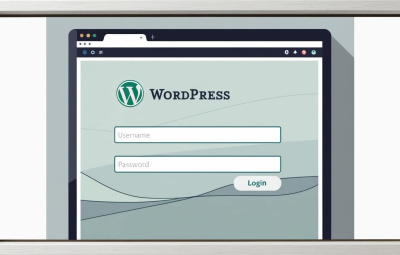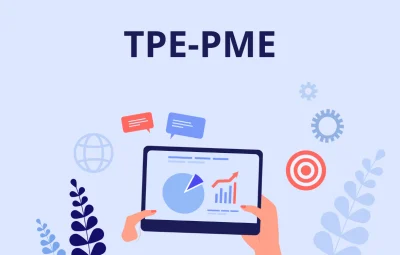YOUR WORDPRESS AND WOOCOMMERCE REPAIR AGENCY
The Impact of Cookie Consent on Google Analytics and SEO
- 9 June 2025

Since the introduction of the GDPR and ePrivacy regulations, cookie consent management has become a key concern for website owners. Google Analytics, the leading tool for tracking web traffic, relies heavily on cookies to collect data. However, with the new consent rules, data analysis and organic search engine optimization (SEO) can be impacted. Let’s explore how this works and how to optimize tracking while staying compliant.
The Impact of Cookie Consent on Google Analytics
1. Limited Data Collection
When users refuse analytical cookies, Google Analytics cannot track their visit. As a result:
✅ Underestimated traffic statistics
✅ Biased analysis of visitor behavior
✅ Less accurate marketing decisions
Conversion rates, session duration, and page views can all be affected, reducing the reliability of your reports.
2. Incomplete or Fragmented Sessions
Without consent, a single visit may be counted as multiple separate sessions, distorting retention and engagement metrics.
3. Fewer Data Points for Remarketing Strategies
Google Ads and other digital advertising tools rely on Google Analytics data to target audiences. Without reliable data, retargeting strategies become less effective.
The Impact on SEO (Search Engine Optimization)
1. Fewer Usable Data Points for SEO Optimization
When part of your traffic isn’t tracked, it becomes difficult to analyze page performance and optimize content accordingly.
2. Bounce Rate and Session Duration May Be Skewed
With some visits going untracked, key SEO metrics may be inaccurate, making performance analysis less reliable.
3. Less Personalization in User Experience
Less precise data can hinder UX optimizations based on user behavior, which indirectly affects SEO performance.
How to Minimize the Impact of Cookie Consent?
✅ Implement Google Consent Mode: This mode adjusts data collection based on user consent and helps estimate missing traffic.
✅ Use cookie-free alternative solutions: Some analytics tools like Matomo or Plausible offer privacy-friendly, cookie-less tracking.
✅ Optimize the consent banner: A clear design and transparent explanation can increase acceptance rates for analytical cookies.
✅ Focus on alternative KPIs: Shift your attention to SEO performance using anonymized data or server-side tracking.
Cookie consent has a direct impact on Google Analytics and SEO, as it limits data collection and distorts key performance indicators. However, there are solutions to mitigate these effects while remaining compliant with regulations. Optimizing consent processes and adopting alternative tools are key strategies to ensure accurate and effective web traffic analysis.
📢Does your web agency need a WordPress partner with expertise in GDPR compliance and SEO?
Let’s talk! 🚀
OUR BLOG
View all postsWe are the agency you need. Québec WordPress solves your problems while providing cost-effective and high-quality solutions. Our experienced, available, and professional team is here for you!
MON–FRI 24H/24
©2022 Quebec WordPress Agency. All rights reserved.
A service provided by Zenidata Technologies Inc.







